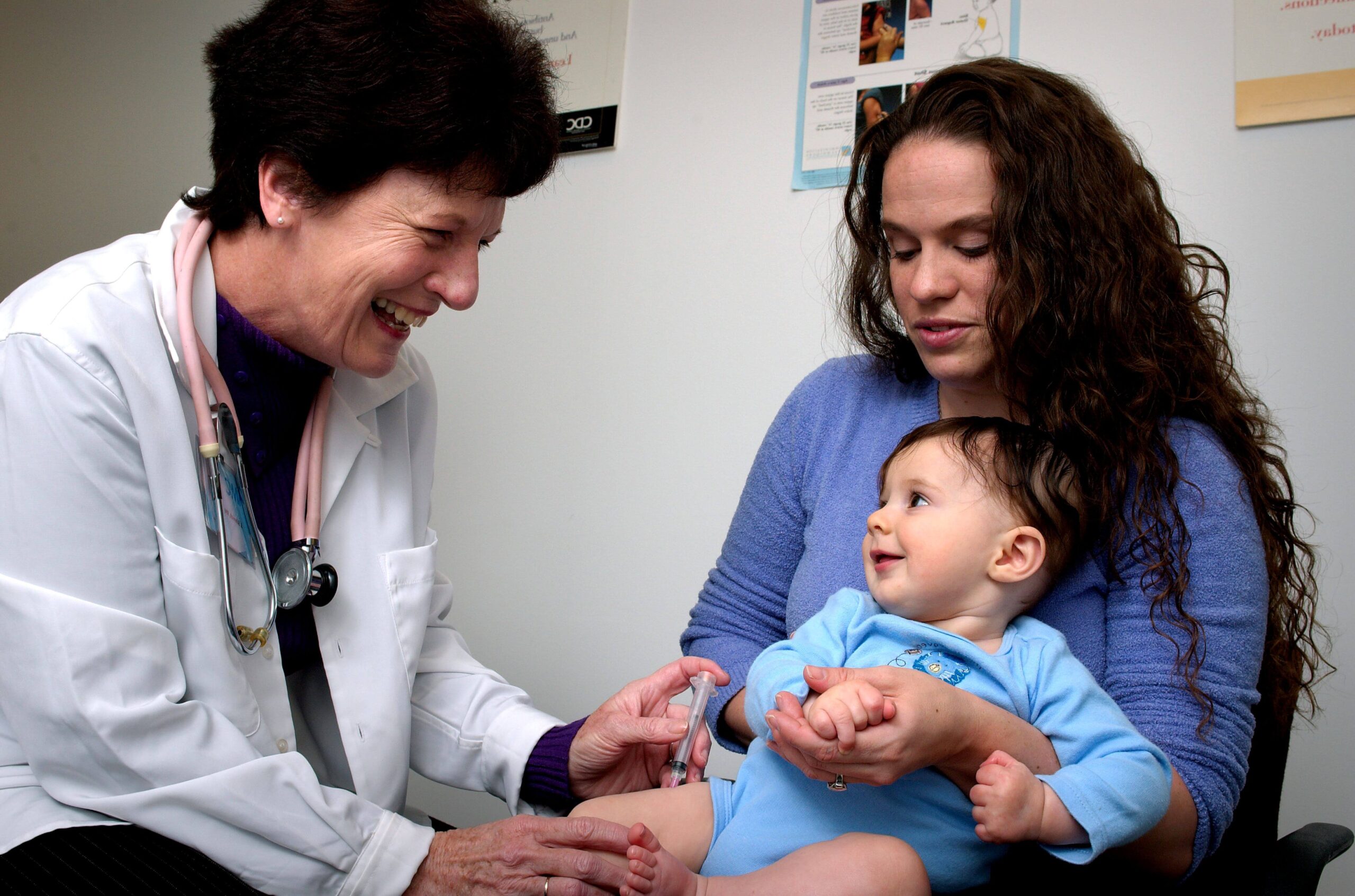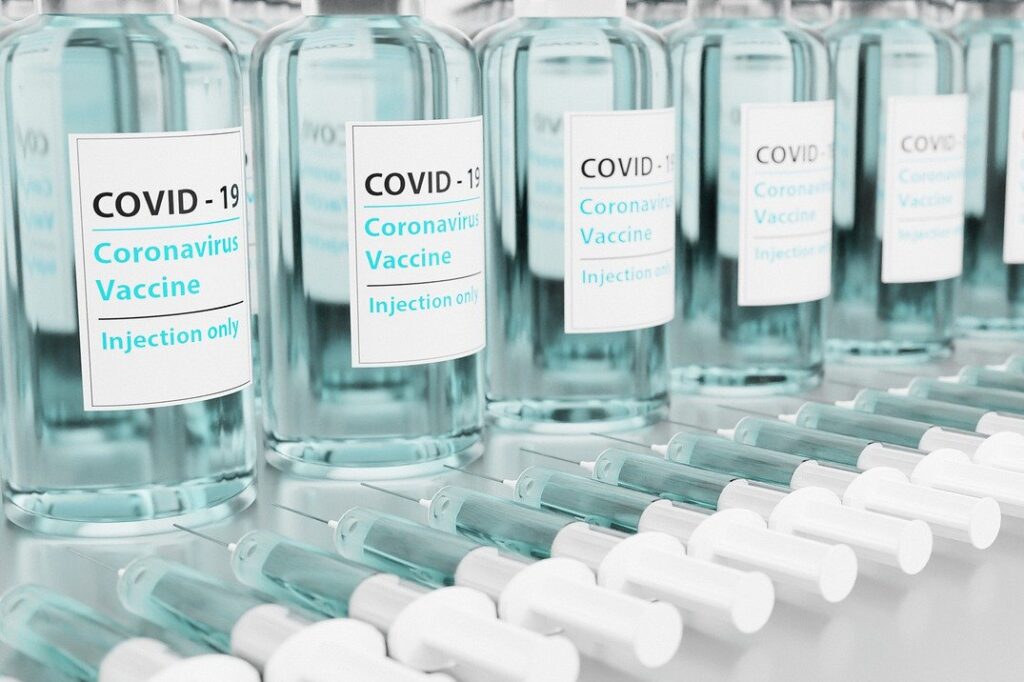 State Medicaid programs play a vital role in protecting public health by ensuring that children receive all of their recommended immunizations. If all children born in 2009 were fully immunized, for example, it would prevent 42,000 early deaths and 20 million cases of disease, while saving the country more than $13.5 billion in direct health care costs and $68.8 billion in total societal costs.
State Medicaid programs play a vital role in protecting public health by ensuring that children receive all of their recommended immunizations. If all children born in 2009 were fully immunized, for example, it would prevent 42,000 early deaths and 20 million cases of disease, while saving the country more than $13.5 billion in direct health care costs and $68.8 billion in total societal costs.
But a vaccination coverage gap remains for low-income children covered by Medicaid. In 2016, immunization rates for children enrolled in state Medicaid programs were 2.5 to 12 percent lower than among privately-insured children.
The United States has made great progress to reduce vaccine-preventable illnesses. Declines in these diseases and their associated health care costs are considered one of the greatest public health achievements of the last decade, and annual cases of many vaccine-preventable illnesses have dropped to historically low levels.
All children who are eligible for the Early and Periodic Screening, Diagnostic and Treatment benefit are covered for all vaccines recommended by the Advisory Committee on Immunization Practice. The Vaccines for Children (VFC) program provides immunizations at no charge to physicians’ offices and public health clinics that are registered as VFC providers.
While immunization rates for most recommended vaccines among children remain high overall, rates are often lower among children living in poverty. African American children also have lower immunization rates than white children. For example, in 2016 only 76.8 percent of African American children received at least four doses of the diphtheria, tetanus, and pertussis vaccine (DTaP) compared to 84.8 percent of white children. According to the US Centers for Disease Control and Prevention (CDC), only 65.5 percent of children living below poverty received the rotavirus vaccine, compared to 78.2 percent of children living at or above poverty.
These disparities point to a missed opportunity to both support children’s health and reduce health care costs.
The National Academy for State Health Policy and AcademyHealth, with support from the Colorado Children’s Immunization Coalition, will be working with states interested in improving Medicaid policies and outreach to increase immunization rates among low-income children and pregnant women. State Medicaid agencies, in partnership with their public health and immunization information system partners, will receive one-on-one consultations, opportunities to learn from other participating states, and annual in-person meetings. This project is funded through a CDC cooperative agreement.
Click here for more information.



